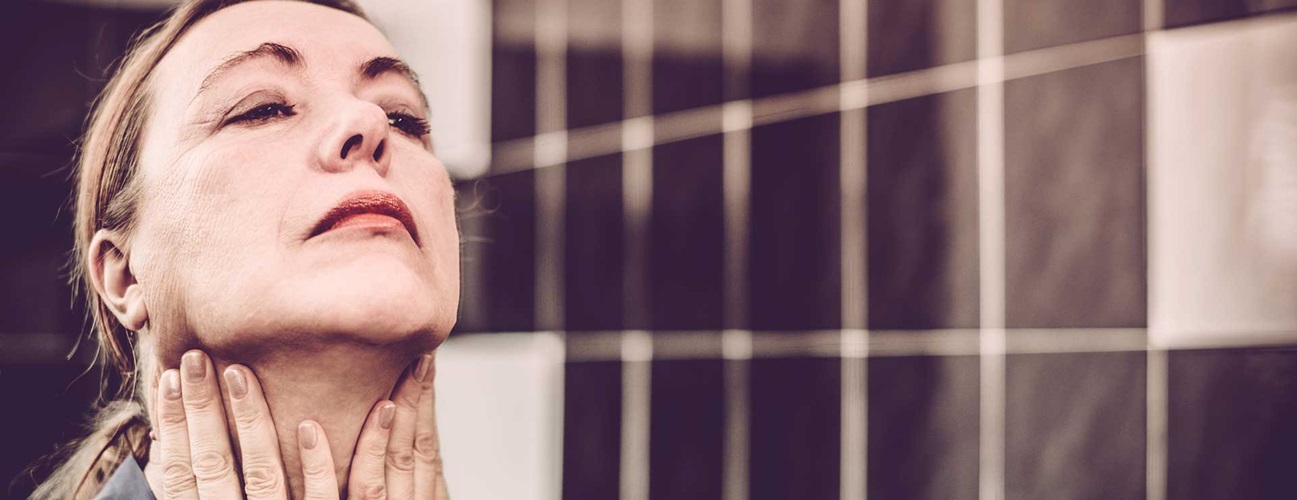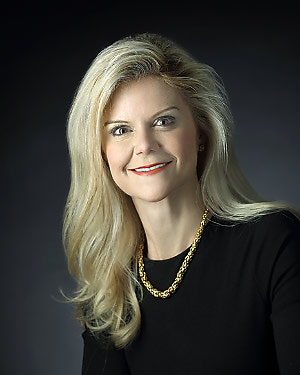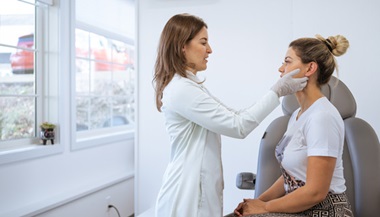Double Chin Surgery: What You Need to Know
Featured Expert
While many of us would like to see a streamlined profile when we look in the mirror, some of us have excess fat that creates a double chin, also called submental fullness. A double chin can result from a variety of causes, including hereditary factors, weight, anatomy and airway positioning. If you have a double chin you’re unsatisfied with, you’re not alone — as many as 68 percent of people are in the same boat, according to the American Society for Dermatologic Surgery.
Lisa Ishii, M.D., a specialist at the Johns Hopkins Center for Facial Plastic and Reconstructive Surgery, discusses traditional surgical procedures for getting rid of a double chin and a new, increasingly popular alternative.
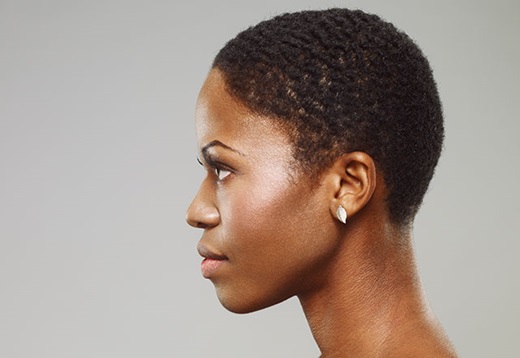
What is double chin surgery?
Plastic surgeons use a variety of procedures to remove a double chin. These procedures include:
- Liposuction: This procedure removes fat from beneath the skin and sculpts the chin and neck contour. “We make a small incision under the skin, insert a tube and suck out the fat,” says Ishii. Liposuction typically requires only local anesthetic to numb the general area.
- Face-lift: This surgery allows doctors to remove fat and loose, saggy skin around the chin and neck, removing a double chin. “Most people are asleep under general anesthesia, though it is possible to do with a local anesthetic,” says Ishii.
- Neck-lift: Different types of neck-lift procedures aim to remove extra skin (cervicoplasty) or tighten neck muscles (platysmaplasty) to improve the contours of the neck and chin. Doctors often combine a traditional face-lift with this procedure, which may cause a tight feeling in the neck for several months.
After any of these procedures, you can expect to experience about 10 to 14 days of bruising and swelling. The general anesthesia used for some double chin surgeries poses serious risks for some people with serious health conditions. Smokers and people taking anti-clotting drugs, such as warfarin, may also face increased bleeding risk during any surgical procedure.
Facial Rejuvenation Surgery: 5 Things You Need to Know
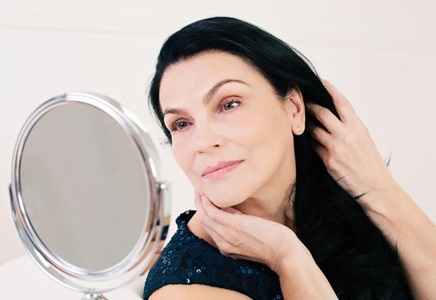
If you are considering facial rejuvenation surgery, Lisa Ishii, M.D., a specialist at the Johns Hopkins Center for Facial Plastic and Reconstructive Surgery, shares five things you should know.
Deoxycholic Acid: A Nonsurgical Alternative to Double Chin Surgery
One recent development in anti-aging science is deoxycholic acid, an injectable treatment for a double chin.
“Deoxycholic acid is a substance the gallbladder uses to dissolve dietary fat,” says Ishii. “Injecting this chemical into the skin beneath the chin melts fat there that the body then reabsorbs.”
This nonsurgical approach requires several treatments spaced out over several weeks. Most people receive two or three treatments, but it can take up to six treatments, depending on the patient and the amount of excess fat in the treatment area.
Benefits and Drawbacks of Deoxycholic Acid
Some women choose deoxycholic acid as a way to eliminate a double chin without having to undergo surgery. Of course, every treatment has its drawbacks, and deoxycholic acid is no exception.
“It’s an interesting concept that leads to a nice effect, but it has some real downsides,” Ishii says. She points out that the injections are quite painful, more so than traditional dermal fillers or botulinum toxin injections. People can also expect to have a swollen neck for about 10 days after each treatment session.
Ishii notes that the treatment provides long-lasting results, but only as long as you maintain a normal weight. At the end of the day, people need to decide whether they’re willing to stick out the pain over several treatments.
“It’s growing in popularity and people like it, but everyone is a little surprised that it’s not a fast, easy solution,” says Ishii.
Sign Up for Our Free Newsletter

One of the best things you can do to protect and improve your health is to stay informed. Your Health is a FREE e-newsletter that serves as your smart, simple connection to the world-class expertise of Johns Hopkins.

